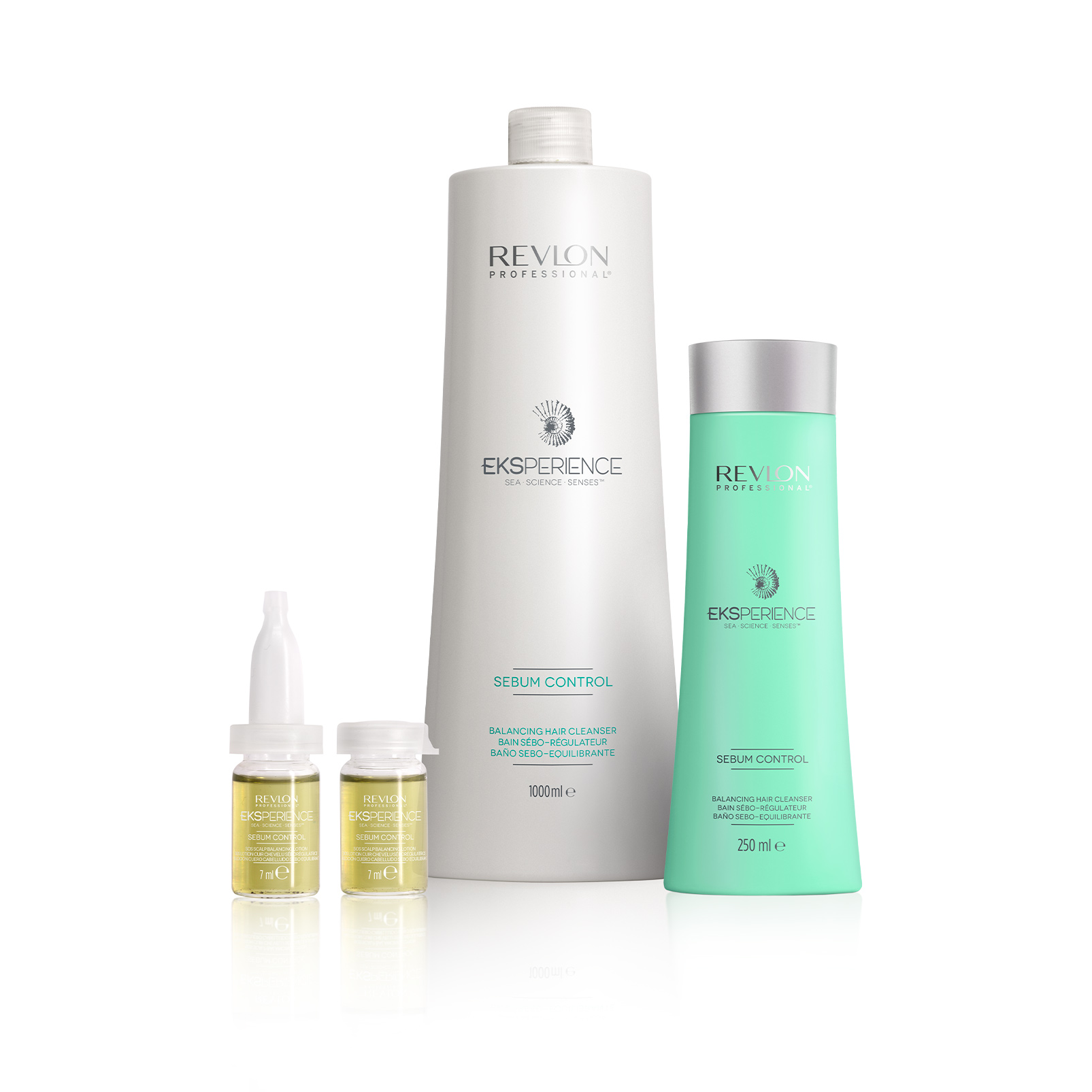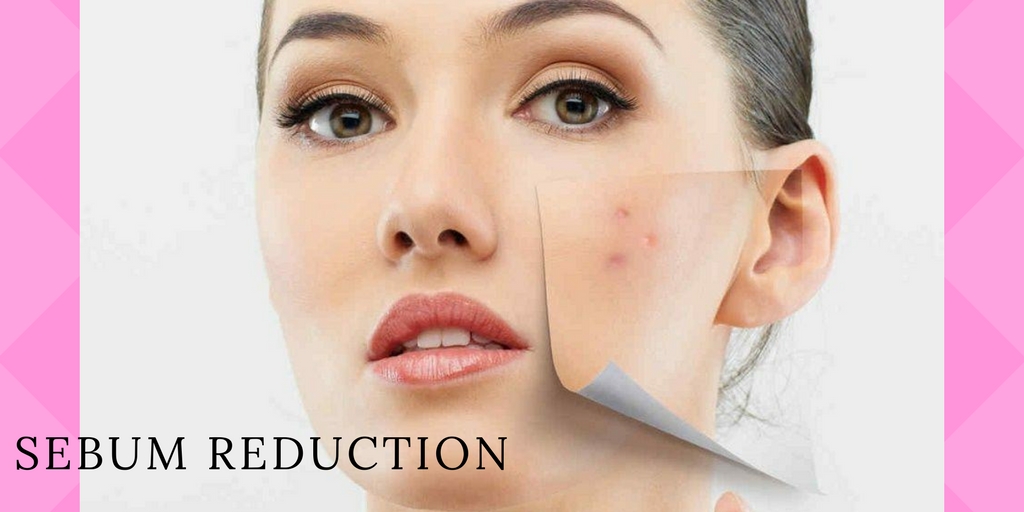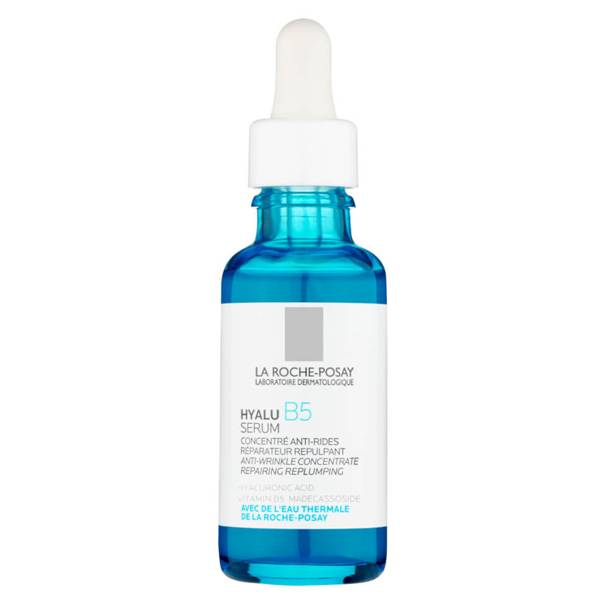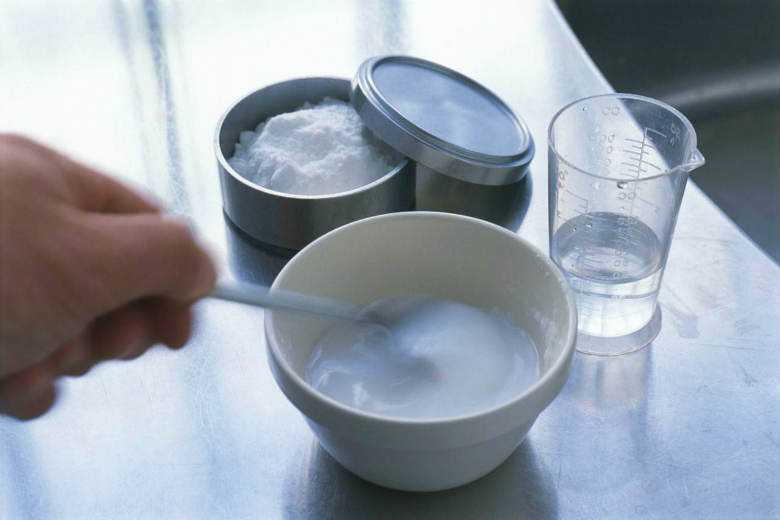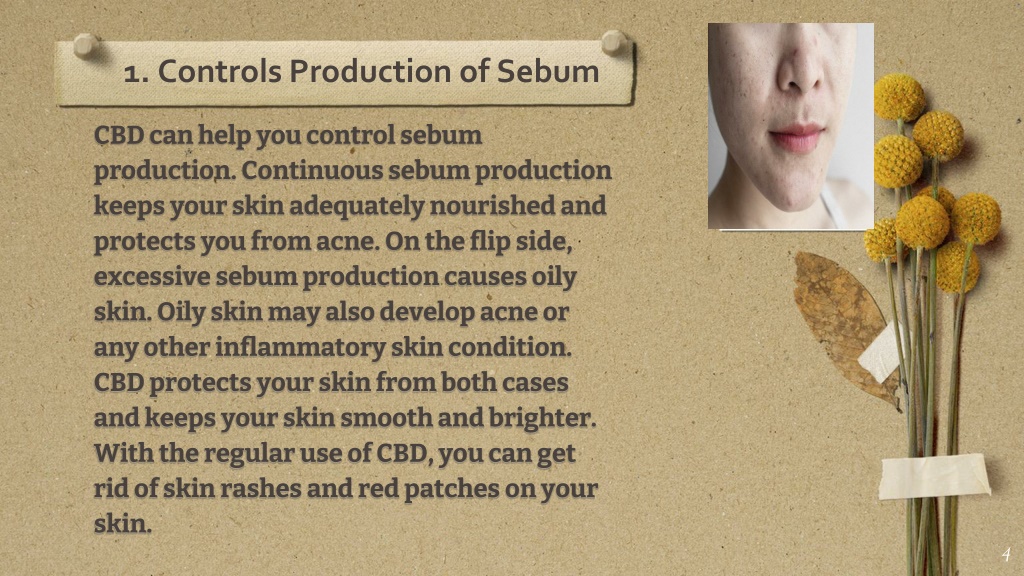Best Of The Best Info About How To Control Sebum Production
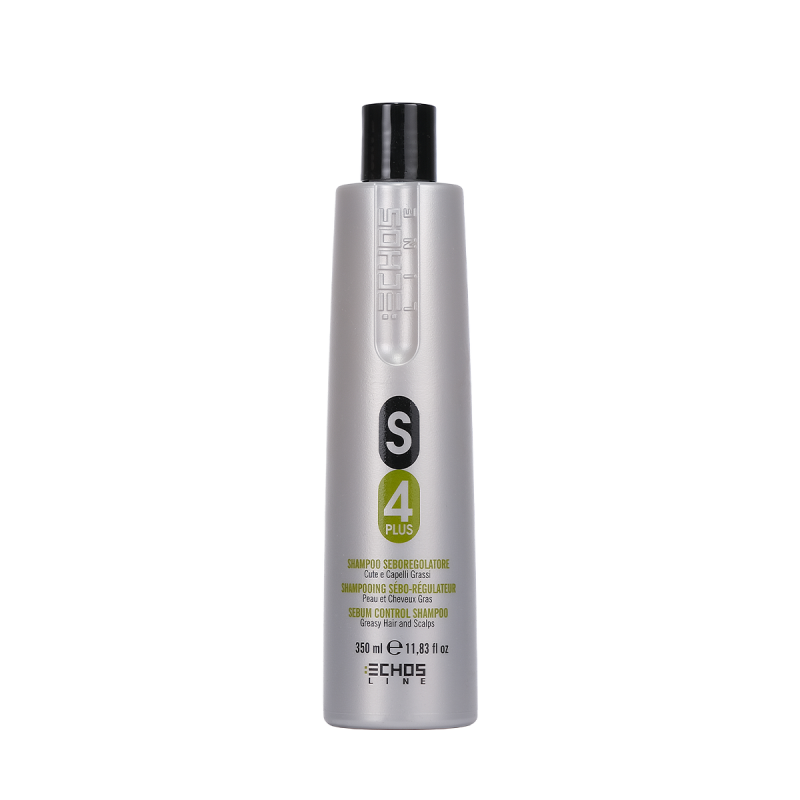
Sebum is responsible for the moisturization and softness of the skin.
How to control sebum production. This is what we know about foods that reduce or increase sebum production: Sebaceous glands produce sebum, a complex blend of lipids, waxes, and cellular debris. While sebum is essential to keep your skin moisturized and.
How to help reduce sebum production: What is sebum and how does your skin produce it? Proper cleansing is critical in controlling excess sebum production.
What exactly is sebum, and why is it so important? The most common cause has to do with lifestyle choices. Stress and hormones seem to control sebum flow rates more than diet.
Sebum is an oily substance made up of fat molecules. Sebum lubricates the hair and prevents friction damage. When it comes to fighting acne breakouts.
Dermatologists break down the exact. Some people produce more sebum on the scalp than others. Sebaceous glands are responsible for producing and secreting sebum.
6 effective strategies for controlling oily skin. Oily skin can be annoying. Excess sebum production can be naturally controlled with simple ayurvedic remedies.
The foundation for healthy skin. This review article addresses numerous topical treatment options such as retinoids, olumacostat glasaretil, and various cosmeceutical agents. Androgen hormones like testosterone, which is produced by the adrenal glands, ovaries, and testes help to regulate sebum production.
How to keep it in balance. Sometimes you may feel like there’s nothing you can do about it. Excess sebum is something oily skin types usually struggle with, and since skin type is mainly inherited, you can do nothing.
Despite popular belief, it's not quite the same thing as oil. How to reduce sebum production. What is the function of sebaceous glands?
Other causes of excess production can be linked to certain medications such as hormonal medications,. What is sebum and why does it build up on skin and hair? Updated on october 29, 2022.
